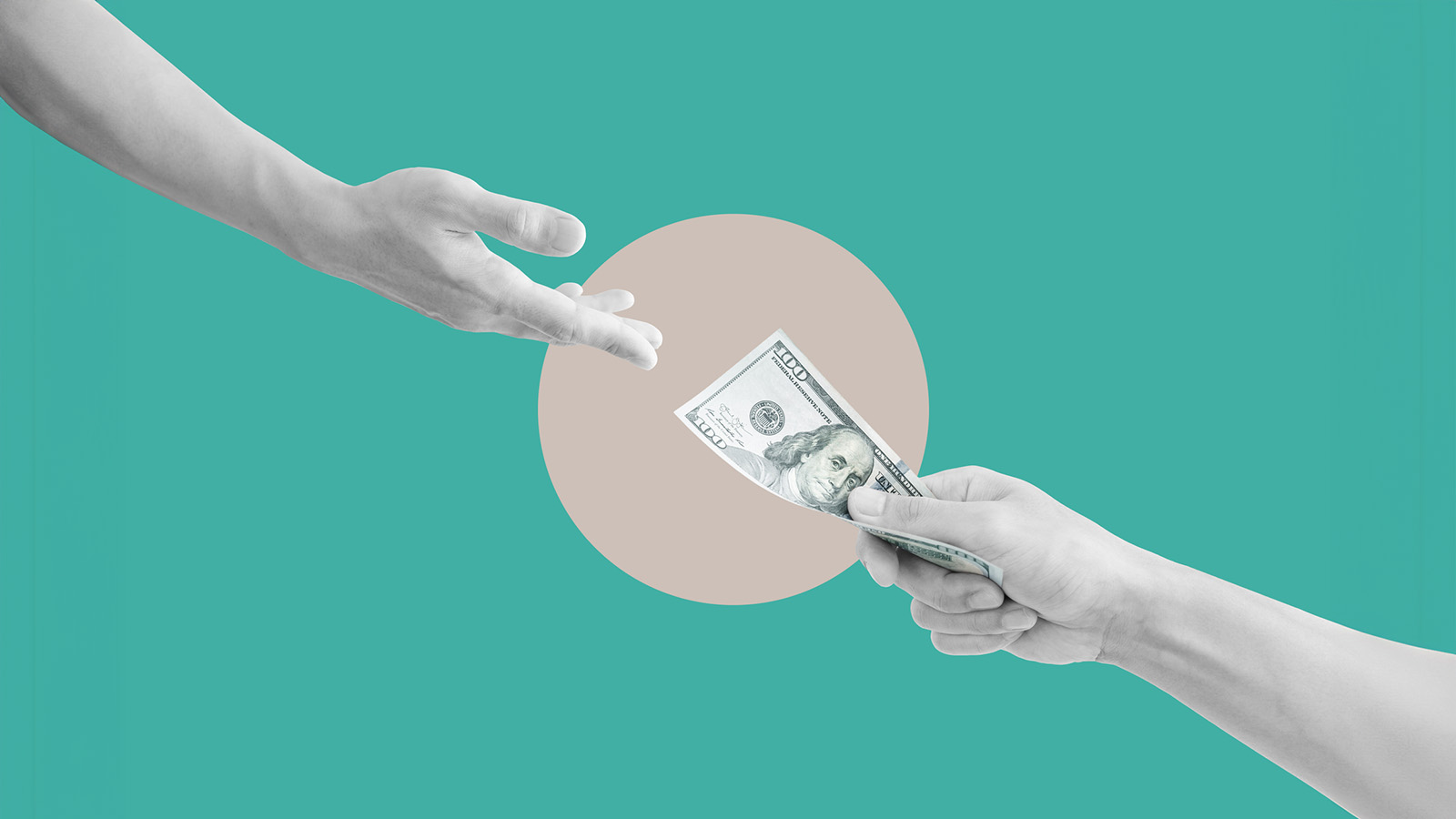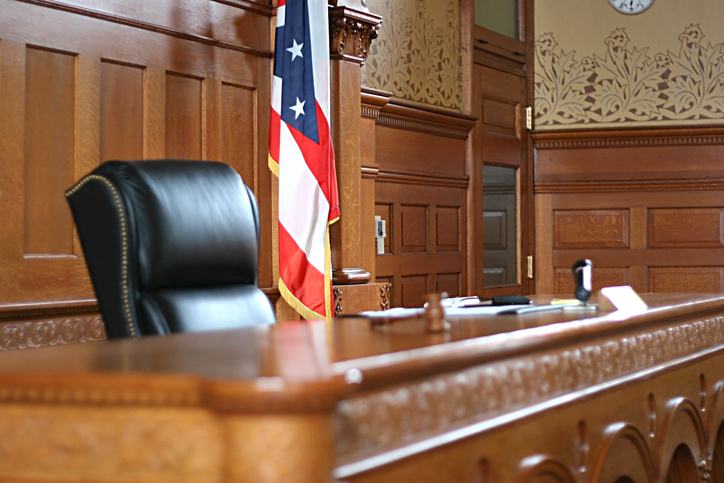May 14, 2025

This information is provided for educational purposes only by Kohn, Kohn & Colapinto and does not constitute legal advice. No attorney-client relationship is created by accessing this content. Laws and regulations may change, and this material may not reflect the most current legal developments. If you believe you have a whistleblower claim, consult a qualified attorney to discuss your specific circumstances.
Introduction
Upcoding is a type of medical billing fraud where healthcare providers intentionally submit incorrect CPT codes to receive higher reimbursements from government-funded programs like Medicare and Medicaid.
CPT codes are used to determine the complexity and cost of medical procedures. By using codes that represent more complex or expensive procedures than were actually performed, providers can fraudulently increase their payments.
If you have inside knowledge of upcoding or other forms of healthcare fraud, you may be eligible to file a qui tam lawsuit under the False Claims Act, potentially receiving a substantial award by the U.S. government.
Continue reading to learn more about upcoding, and your options for reporting it to the proper authorities.
Understanding Upcoding
Introduction
Upcoding occurs when providers intentionally submit inaccurate Current Procedural Terminology (CPT) codes to receive higher reimbursements than the treatment or services actually provided. This can occur by using codes for more complex procedures than were performed or by unbundling bundled procedures.
Types of Upcoding
- Direct Upcoding: Providers may directly upcode by using CPT codes that represent more complex or expensive procedures than were actually rendered. For example, a doctor might bill for an extended check-up when only a routine check-up was performed.
- Unbundling: Unbundling involves separating bundled procedures into individual CPT codes to receive higher reimbursement. This is often done for procedures that are typically performed together, such as incisions and closures during surgery.
False Claims Act Implications
Both upcoding and unbundling can be considered violations of the False Claims Act, a federal law that allows the government to recover damages from those who defraud federal healthcare programs. Engaging in these fraudulent practices can lead to major legal consequences, including fines and imprisonment.
Upcoding Red Flags
Upcoding happens in many different ways. But in general, it occurs when a provider submits inaccurrate CPT codes. Here are some red flags to be on the lookout for which may indicate upcoding:
- Inconsistent Billing: A patient might notice that their medical bill is high, or that they are being charged for a treatment or procedure they did not receive.
- Frequent Code Changes: If diagnosis codes change without a reason, this may indicate that your healthcare provider is seeking higher reimbursement.
- Excessive Charges: If you are receiving multiple charges for a similar procedure in a short period, this could be a sign of upcoding.
- Unnecessary Billing: A patient might receive a bill for a treatment or procedure they felt was unnecessary, or worse, not even provided.
- Multiple Charges: If a patient is charged for multiple procedures that seem to be part of a single service, it might indicate upcoding.
Often times insiders or employees may be aware of an upcoding scheme taking place. Thus, they are the government’s first line of defense in identifying and exposing them. These whistleblowers can collect and provide valuable evidence to support investigations, and help ensure healthcare resources are used effectively and efficiently to improve patient outcomes, and shield taxpayers against such fraud.
Difference Between Upcoding and Unbundling
Both unbundling and upcoding are forms of medical billing fraud, which bill the government for reimbursement at a higher rate than a treatment or procedure was actually worth. There are a few distinctions between the two however:
- Upcoding: This is when a healthcare provided submits a CPT code for treatments or procedures that are more expensive than the service that was actually provided to the patient.
- Unbundling: This occurs when a healthcare provider separates a single procedure into multiple procedures, which they bill separately. When a provider bills separately, they are able to get higher reimbursements than if they billed for the single procedure.
Example Cases Involving Upcoding
In 2023, the government spent $848.2 billion on Medicare, which accounts for just over 14% of federal spending. Whenever government funds are involved, there will be fraudsters engaged in medical billing fraud such as upcoding.
This type of fraud is subtle and difficult to detect, which is why it is important for whistleblowers to report their concerns if they have strong information. Below are a few recent cases that show how massive upcoding cases are, and how effective the False Claims Act is at bringing these fraudsters to justice.
IPC Hospitalists of Michigan, Inc. (2023)
The healthcare company IPC Hospitalists of Michigan agreed to pay $4.38 million to the United States and the State of Michigan to settle allegations of upcoding and billing for services not rendered. The company’s doctors were accused of upcoding CPT codes to bill for more complex services than were actually provided and billing for impossible days of work.
The settlement resolves three sets of allegations related to upcoding, billing for impossible days, and billing for services not rendered. The government alleged that the company’s doctors regularly upcoded CPT codes and billed for an impossibly high volume of services in one day. Additionally, the company was accused of billing for services that were not rendered to Michigan-based beneficiaries.
The settlement includes a $606,483 payment to the State of Michigan for damages to the Medicaid program. Two whistleblowers who filed qui tam lawsuits against the company will receive a combined total of $767,308. The case highlights the importance of the False Claims Act in combating healthcare fraud and the potential rewards for whistleblowers who report such misconduct.
Donald Woo Lee (2021)
A California doctor, Donald Woo Lee, was sentenced to 93 months in prison for defrauding Medicare, reusing single-use catheters, and submitting false bankruptcy declarations.
Lee recruited Medicare beneficiaries to his clinics, provided unnecessary procedures, and upcoded billing codes to receive higher reimbursements. He also reused contaminated catheters on patients, putting them at risk of infection.
Lee was convicted of seven counts of healthcare fraud and one count of adulteration of a medical device. He pleaded guilty to submitting false declarations in a bankruptcy proceeding. In addition to prison time, Lee was ordered to pay over $4.5 million in restitution to Medicare.
Tenet Healthcare Corporation (2003)
Tenet Healthcare Corporation, a major hospital chain, has agreed to pay $900 million to the United States to settle allegations of unlawful billing practices. The settlement resolves claims related to excessive outlier payments, kickbacks, and upcoding.
Outlier payments are intended for exceptionally costly patient care but were allegedly inflated by Tenet. The company also paid kickbacks to physicians for patient referrals and billed Medicare for services ordered by physicians with whom they had improper financial relationships. Additionally, Tenet engaged in upcoding, assigning inaccurate diagnosis codes to increase reimbursement.
The settlement demonstrates the government’s commitment to protecting the integrity of the Medicare program and recovering taxpayer funds from healthcare providers that engage in fraudulent practices.
Columbia/HCA Healthcare Corporation (2003)
The HCA healthcare fraud case, which settled in 2003, is the largest healthcare fraud recovery in U.S. history at the time.
The total recovery amounted to $1.7 billion, which included $631 million in federal civil penalties and damages, $840 million in previous criminal fines, and $250 million in cost reporting overpayments. Additionally, whistleblowers received a combined award of $151.5 million, the highest ever at the time.
The settlement addressed various fraudulent practices including cost report fraud, kickbacks, unallowable billing, patient transfer fraud, and false claims in cost reports. These practices resulted in inflated Medicare and Medicaid reimbursements for HCA.
How to Report Upcoding
Those who have inside knowledge of a healthcare provider engaging in upcoding have several options to report the fraudulent activity. A patient can bring their concerns to the Health and Human Services Office of the Inspector General, as well as to members of Congress. However, If you’re an insider or employee, we suggest using the False Claims Act and the qui tam provision, as these programs provide protections and awards for employees who expose an upcoding schemes.
It’s important to note that many states have their own versions of the False Claims Act which allow for recovery of state funds fraudulently paid out due to upcoding. Therefore, it is possible for a whistleblower to file a lawsuit and potentially receive awards and protection from both federal and state False Claims Acts.
Whistleblowers who have brough Medicare and Medicaid fraud to the attention of the government under the False Claims Act’s qui tam provisions have received some of the largest awards paid out by the government.
Our Firm’s Cases

Contract Fraud Exposed
Dr. Tommie Savage, a seasoned contracting officer at the Army Corps of Engineers, uncovered a web of systemic corruption within the agency's Huntsville, Alabama contracting office. Her unwavering commitment to ethical government practices led to a relentless campaign of retaliation that would test her resilience and courage.

Qui Tam Victory
Whistleblower Bryan Swanton's qui tam lawsuit led to a $625,000 settlement against Instec Inc. for falsely claiming its Chinese-made scientific instruments were manufactured in the U.S. to secure government contracts.

Lives Saved
Dr. Aaron Westrick filed a False Claims Act lawsuit against Toyoba, the manufacter of Zylon fiber, a material that degraded over time, which put thousands of lives in American police departments, federal law enforcement agencies, and the U.S. military at risk.





